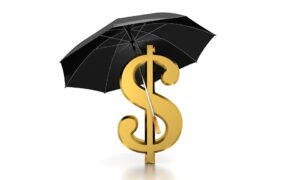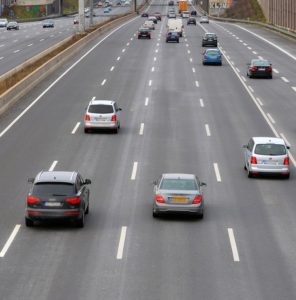 Courtesy of iii.org
Courtesy of iii.org
Do you or your business provide professional services or advice to other businesses or individuals? Could your counsel or service lead to losses by your client for which you could be held responsible? If so, you’ll likely want to purchase professional liability insurance, also known as errors and omissions insurance (E&O).
Claims not covered by general liability insurance that are covered by professional liability insurance include negligence, misrepresentation, violation of good faith and fair dealing, and inaccurate advice.
What types of businesses need professional liability insurance?
In some states, professional liability insurance is required, especially for attorneys and doctors. Legal and medical malpractice insurance policies are special types of professional liability insurance. Other professionals that should consider professional liability insurance include:
- Accountants
- Architects
- Engineers
- Graphic designers
- Information technology (IT) consultants
- Insurance professionals
- Investment advisors
- Management consultants
- Real estate agents and brokers
- Software developers
This list is not exhaustive. Consult with your insurance professional or inquire with your profession’s trade association to determine if you might need professional liability coverage.
What’s covered… and what’s not
There are two types of professional liability polices: claims-made and occurrence. Most professional liability insurance policies are “claims-made,” meaning that the policy must be in effect both when the event took place and when a lawsuit is filed for a claim to be paid. If, however, you change careers or retire, you may want to purchase an “occurrence” policy that will cover any claim for an event that took place during the period of coverage—even if the suit is filed after the policy lapses.
Professional liability insurance will pay the cost of legal defense against claims and payment of judgments against you, up to the limit of the policy. In general, coverage does not extend to non-financial losses or losses caused by intentional or dishonest acts. Other fees, such as licensing board penalties, may also be included. Policies will generally have a deductible ranging from $1,000 to $25,000. The amount of professional liability insurance you will need and how much it will cost depends upon the size of your business and the level of risk it poses.
You may be able to include professional liability coverage in a Commercial Package Policy (CPP) as an endorsement. Note, however, the professional liability coverage is not included in an in-home business policy or Business Owners Policy (BOP).



